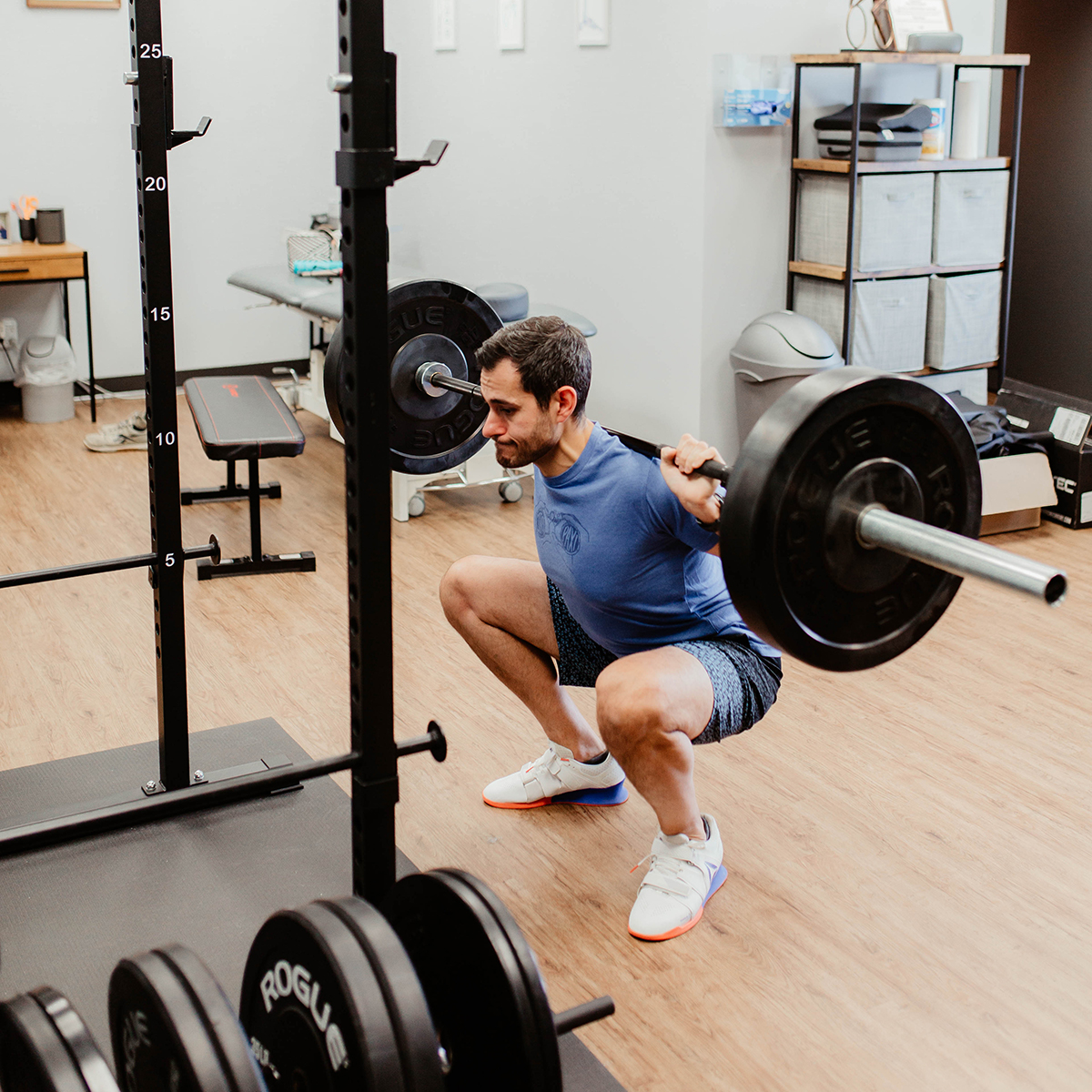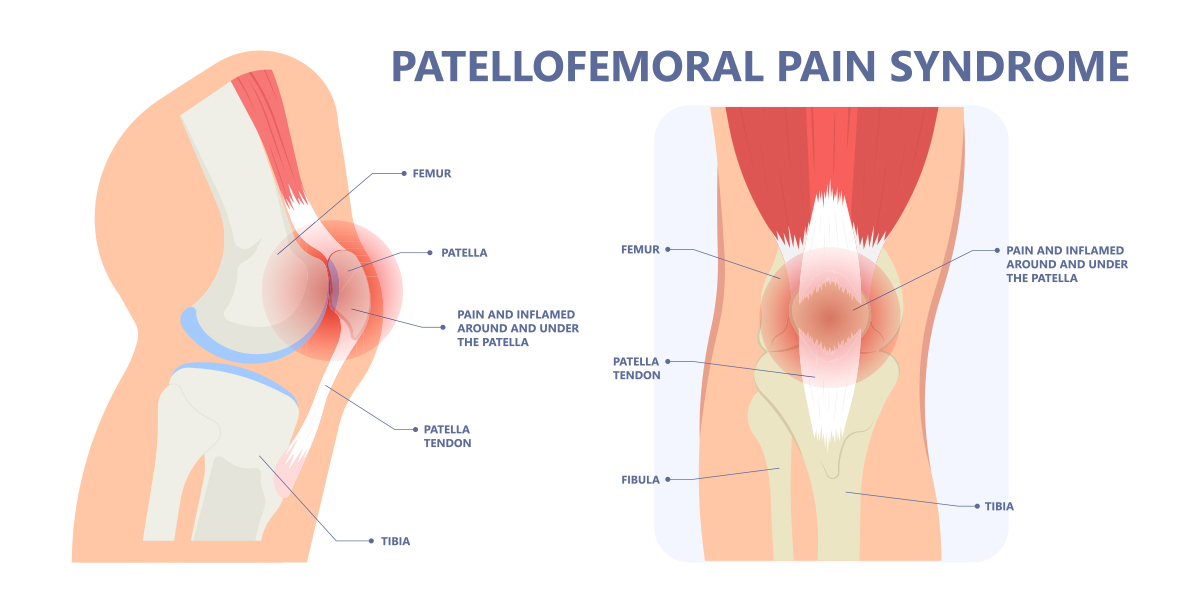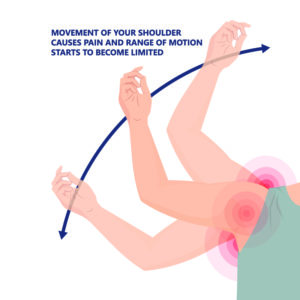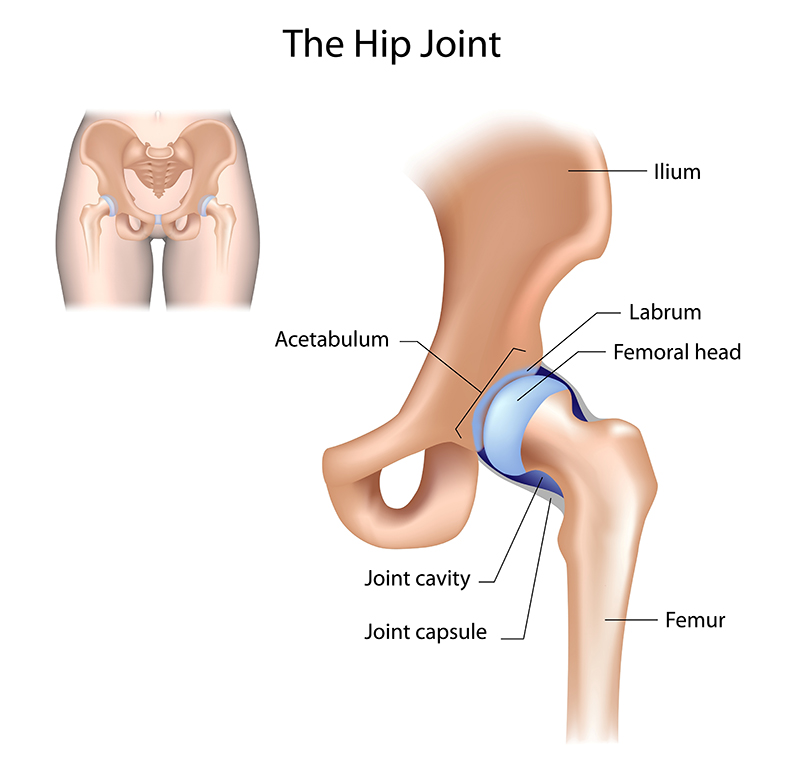ResilientRx: Modern Physical Therapy
Physical Therapy for Athletes and Fitness-Related Injuries
Receive 1:1 care from a Doctor of Physical Therapy so you can reach peak performance again.

ResilientRx: Modern Physical Therapy
Physical Therapy for Athletes and Fitness-Related Injuries
Receive 1:1 care by a Doctor of Physical Therapy and reach peak performance again.
If you have been told by a healthcare provider that you should stop lifting weights or if you have scaled back on your fitness regimen due to pain, we want to help! We help clients with all kinds of exercise and sport-related pain including muscle tightness, knee pain, joint injuries, poor mobility, and more!
Average visits per injury/dysfunction
Five star reviews on Google
Fewer Visits than Traditional Physical Therapy

How Is This Different Than Regular PT?
Here at ResilientRX, we believe that the strength training athlete needs more than the generic physical therapy exercises.
You deserve to work with a physical therapist who goes above and beyond to meet your strength training goals.
When working with one of our Doctors of Physical Therapy, you will undergo a comprehensive evaluation that will look beyond one body part and assess multiple regions that may be contributing to the problem.
Your physical therapist will walk you through every step of the assessment and will ensure you feel comfortable, but push you when needed during each treatment session.
One of our goals is to have you feeling confident in your ability to move your body and lift weights as quickly as possible.
Diagnoses That We Treat

Patellofemoral Pain Syndrome
Patellofemoral Pain Syndrome
What Is It?
This is an umbrella diagnosis that refers to pain in the patellofemoral joint or surrounding tissues of the knee cap area.
It is most often caused by overuse and overload of the joint and tissues, as well as dysfunction of areas above and below the knee joint, such as the hip or foot/ankle.
Many people complain that they:
- Feel pain along outside edges of the knee cap or on the undersurface
- Experience pain with squats, lunges, running, climbing stairs, and sitting
Shoulder Impingement
What Is It?
This refers to pain in the shoulder, typically felt on the front or side of the upper arm.
This can be caused from various factors such as overuse and overload, muscular imbalances around the shoulder joint and shoulder blade, or structural impingement.
Many people complain are that they:
- Feel pain when pressing overhead or pushing exercises
- Have difficulty sleeping on the shoulder due to pain
- Cannot fully rotate or elevate their shoulder

Shoulder Impingement

Hip Impingement
Hip Impingement
What Is It?
FAI (Femoroacetabular Impingement) is a condition that is caused by impaired contact of the head of the femur bone against part of hip socket (ie. the acetabulum).
This can cause the surrounding muscles and cartilage to become irritated and painful with movement and exercise.
Many people complain that they:
- Feel pain or pinching in the front of the hip, especially with deeper hip flexion angles, such as the bottom of a squat
- Have groin pain and stiffness that is aggravated by prolonged sitting

